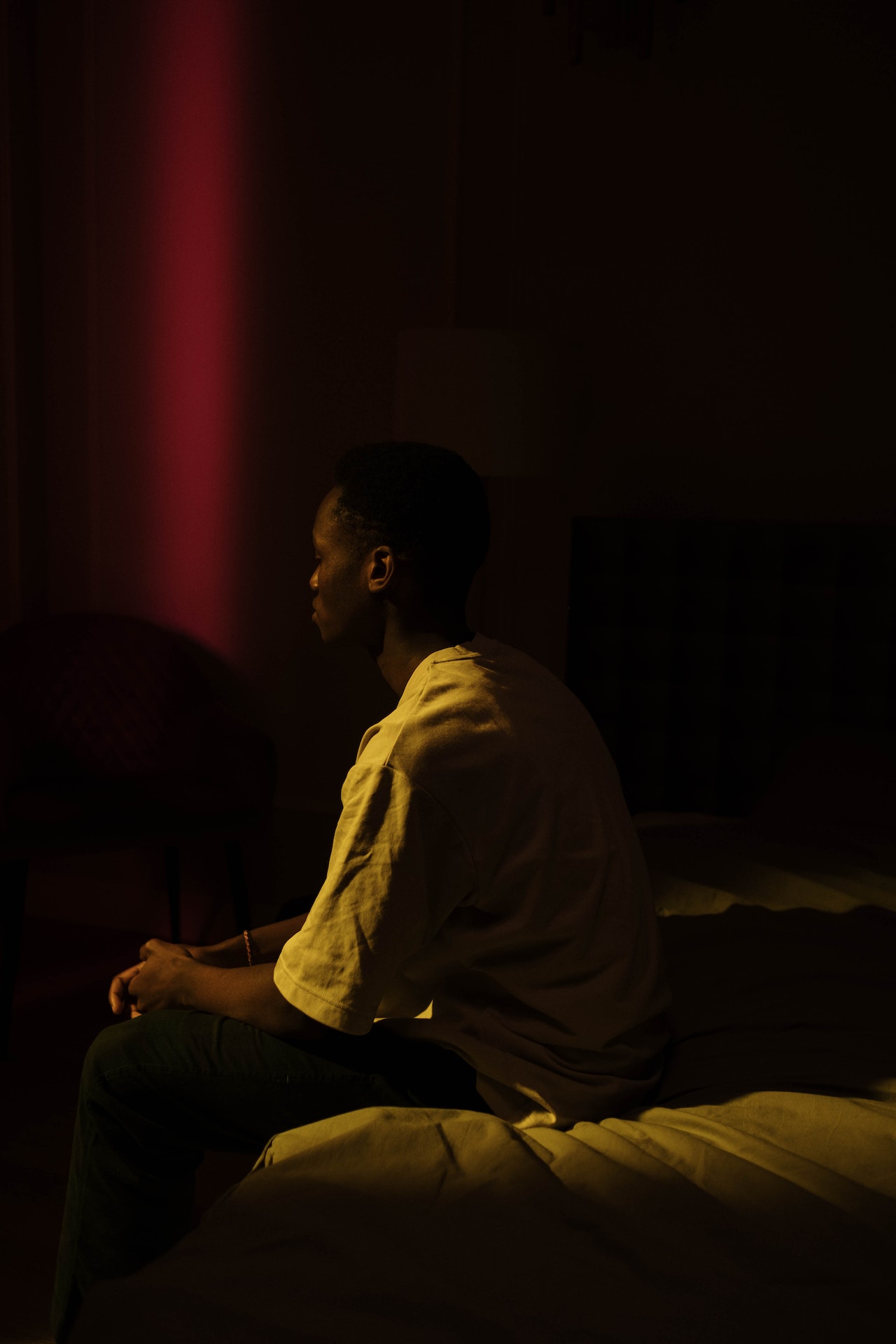Most all of us have had the occasional sleeplessness night for one reason or another. Maybe you have a work project on your mind or it could be that you are worried about a family issue and can’t seem to fall asleep or stay asleep. Whatever the reason, having more than a few nights of less than quality sleep can make anyone feel fatigued and more than a little depressed. That stands to reason: after all, who wouldn’t be depressed when they are totally exhausted?
But, the combination of insomnia, depression, and anxiety may mean more than just a lack of sleep. In fact, studies have shown that at least 80% of people who suffer from anxiety and depression also have chronic insomnia. This is so prevalent that researchers are now saying that chronic insomnia may actually be a predictor of the onset of depression and/or anxiety.
Insomnia Symptoms
Chronic insomnia is defined as having trouble falling asleep or having problems staying asleep most nights during the month. Insomnia symptoms may include some or all of the following:
- Difficulty falling asleep
- Waking too early or waking up throughout the night
- Being sleepy or tired during the day
- Feeling irritable, anxious, or depressed
- Loss of interested in social activities
- Loss of libido
- Difficulty in completing tasks or staying focused
- An increase in accidents or errors
- Physical symptoms of insomnia may include headaches, stomach or GI distress, or not feeling well, in general
Dr. Andrew Rosen
Dr. Andrew Rosen PHD, ABPP, FAACP is a Board-Certified Psychologist and the Founder and Director of The Center for Treatment of Anxiety and Mood Disorders, as well as, the Founder of The Children’s Center for Psychiatry Psychology and Related Services.





